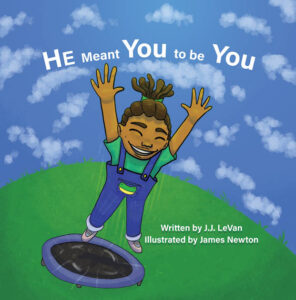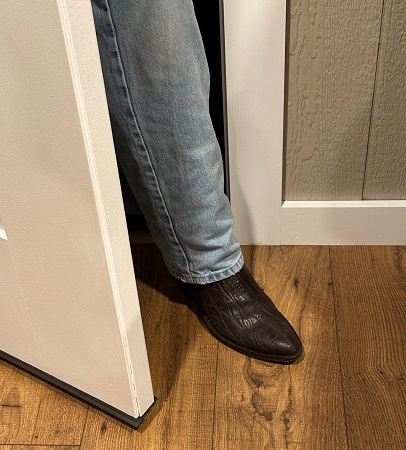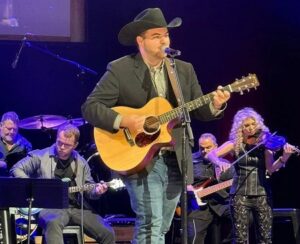Sell Like Hot Cakes
 During winter storms, snow shovels sell like hot cakes. Late shoppers find slim pickings.
During winter storms, snow shovels sell like hot cakes. Late shoppers find slim pickings.
To sell like hot cakes means to sell fast and in large amounts.
Restaurants or stores cannot keep items in stock.
Go like hot cakes is a similar expression.
According to The Free Dictionary, hot cakes in America means pancakes.
Other names for hot cakes include:
- Hotcakes (one word)
- Griddle cakes
- Johnny cakes
For the British, hot cakes mean freshly baked cakes. Although the food differs, the meaning remains the same.
To sell like hot cakes suggests success.
During the late seventeenth century, a plate full of pancakes rarely had time to cool. This was true at:
- Booths
- Fairs
- Church sales
Pancakes also go quickly today in:
- Homes
- Restaurants
- Special events
Likewise, if people buy non-food items in large amounts, businesses thrive.
Not every effort will sell like hot cakes.
Yet, success means more than sales. Any person who impacts others in a positive way achieves true success.
“They have freely scattered their gifts to the poor, their righteousness endures forever” Psalm 112:9 NIV).
Thanks to Joyce McCullough for the suggestion. Image by Heriberto Aguirre from Pixabay.
Do you have an expression you want explained or a thought about this one? If so, please comment below.
Subscribe to receive my weekly posts by email and receive a free copy of “Words of Hope for Days that Hurt.”
If you enjoyed this post, please share it with your friends.










